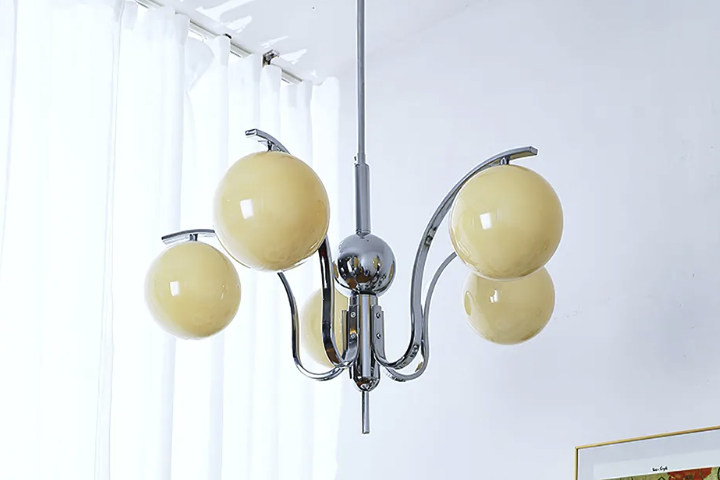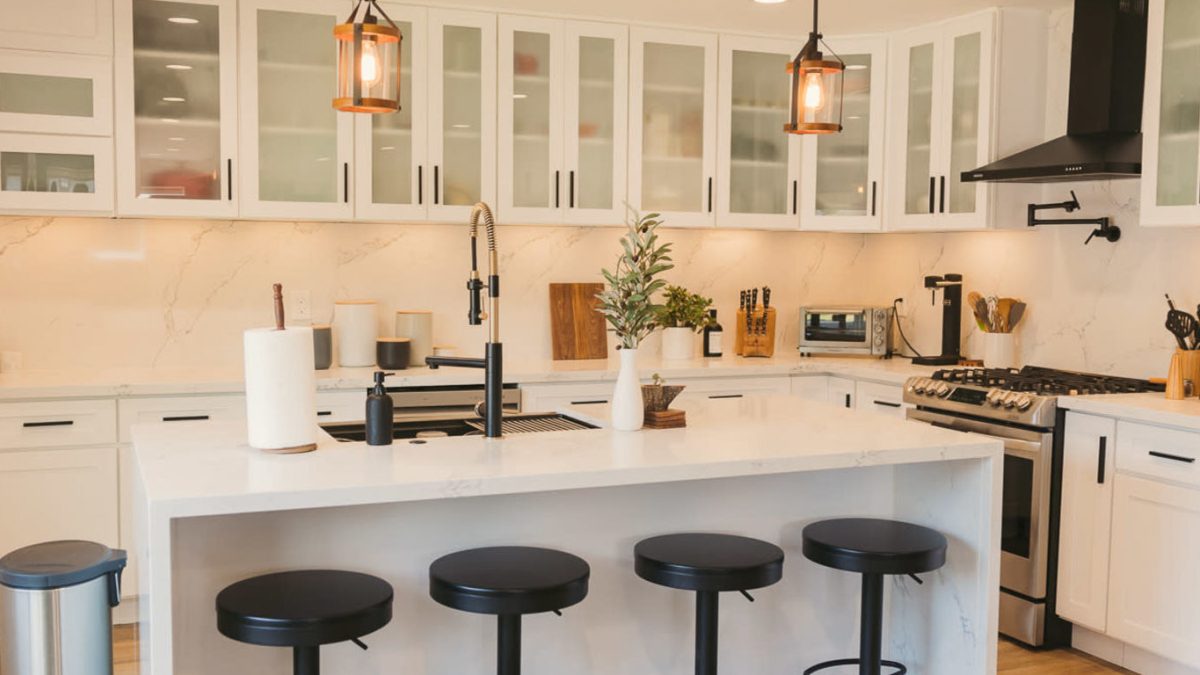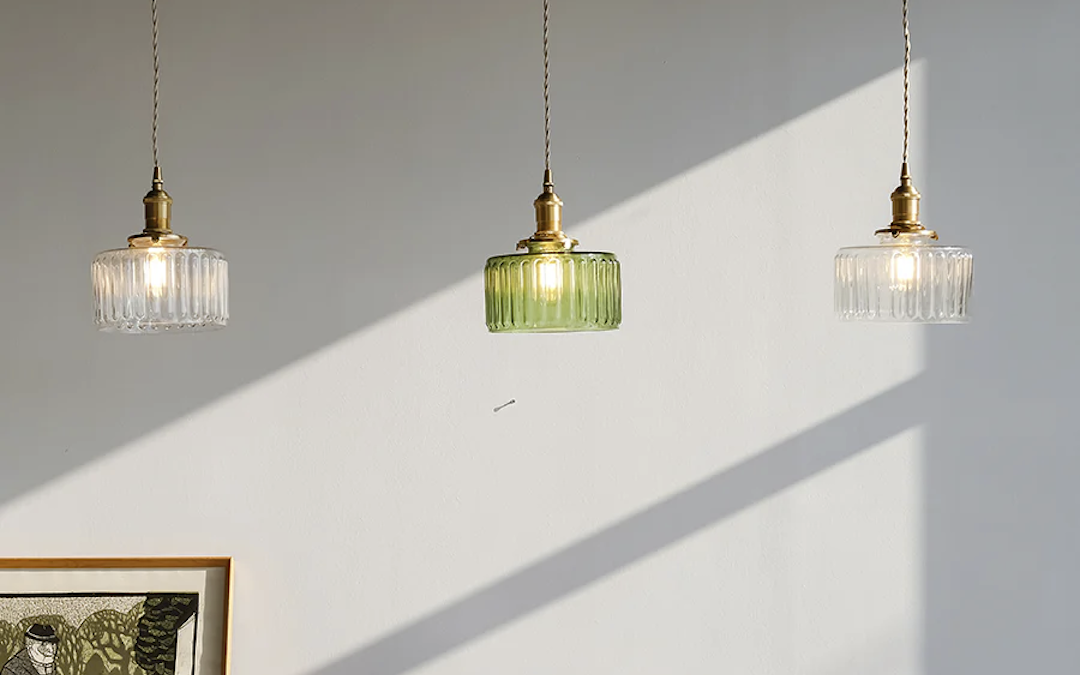Exploring the Beauty and Durability of Wall Ceramics: An Overview
Introduction
Wall ceramics, also referred to as wall tiles, are a popular material for decorating walls in both residential and commercial settings. They are made from various types of clay and fired at high temperatures to create a durable and water-resistant material. In this article, we will discuss the benefits of using wall ceramics for wall decoration, explore the different types of wall ceramics available, and provide tips for choosing the right wall ceramics for your space.
Benefits of Wall Ceramics
There are many benefits of using wall ceramics for wall decoration, including:
Durability
One of the main benefits of wall ceramics is their durability. They are resistant to wear and tear, which makes them perfect for high traffic areas. Unlike other wall materials such as paint, wall ceramics do not scratch, chip or fade easily. They are also resistant to water which makes them ideal for use in bathrooms, kitchens, and other areas where moisture is present.
Easy to clean and maintain
Wall ceramics are easy to clean and maintain. They do not require special cleaning agents or equipment. A simple solution of water and soap is usually sufficient to clean them. Unlike other wall materials such as wallpaper, wall ceramics do not absorb stains or odors. This makes them ideal for areas where hygiene is a priority.
Versatility in design
Wall ceramics offer a wide range of design possibilities. They come in different sizes, shapes, colors, and textures which can be mixed and matched to create unique and personalized designs. This versatility in design allows for endless creative possibilities.
Types of Wall Ceramics
There are many types of wall ceramics available, including:
Ceramic Tiles
Ceramic tiles are the most popular type of wall ceramics. They are made from a mixture of clay and other natural materials and are fired at high temperatures to create a hard and durable material. Ceramic tiles come in a variety of sizes, shapes, and finishes, including glossy, matte, and textured.
Porcelain Tiles
Porcelain tiles are a type of ceramic tile that is fired at higher temperatures, making them denser and more water-resistant. They are available in a variety of finishes, including polished, matte, and textured. Porcelain tiles are more expensive than ceramic tiles but offer better durability and resistance to water.
Glass Tiles
Glass tiles are a popular alternative to ceramic and porcelain tiles. They come in a variety of colors, shapes, and sizes and can be used to create intricate designs. Glass tiles reflect light, giving them a unique and stylish appearance.
Choosing the Right Wall Ceramics
When choosing wall ceramics for your space, there are several factors to consider, including:
Functionality
Consider the functionality of the space when choosing wall ceramics. If the area is prone to moisture or is frequently used, choose a water-resistant and durable type of wall ceramics.
Color and Texture
Choose a color and texture that complements the overall design of the space. Consider the type of lighting in the room and how the color and texture will be affected.
Size and Shape
The size and shape of the wall ceramics will affect the overall appearance of the space. Choose a size and shape that fits the space perfectly.
Conclusion
In conclusion, wall ceramics are a durable, water-resistant, and versatile material for decorating walls in both residential and commercial spaces. There are many different types of wall ceramics available, each offering unique benefits and design possibilities. When choosing wall ceramics for your space, consider the functionality, color, texture, size, and shape to create a unique and personalized design that fits your needs and taste.



